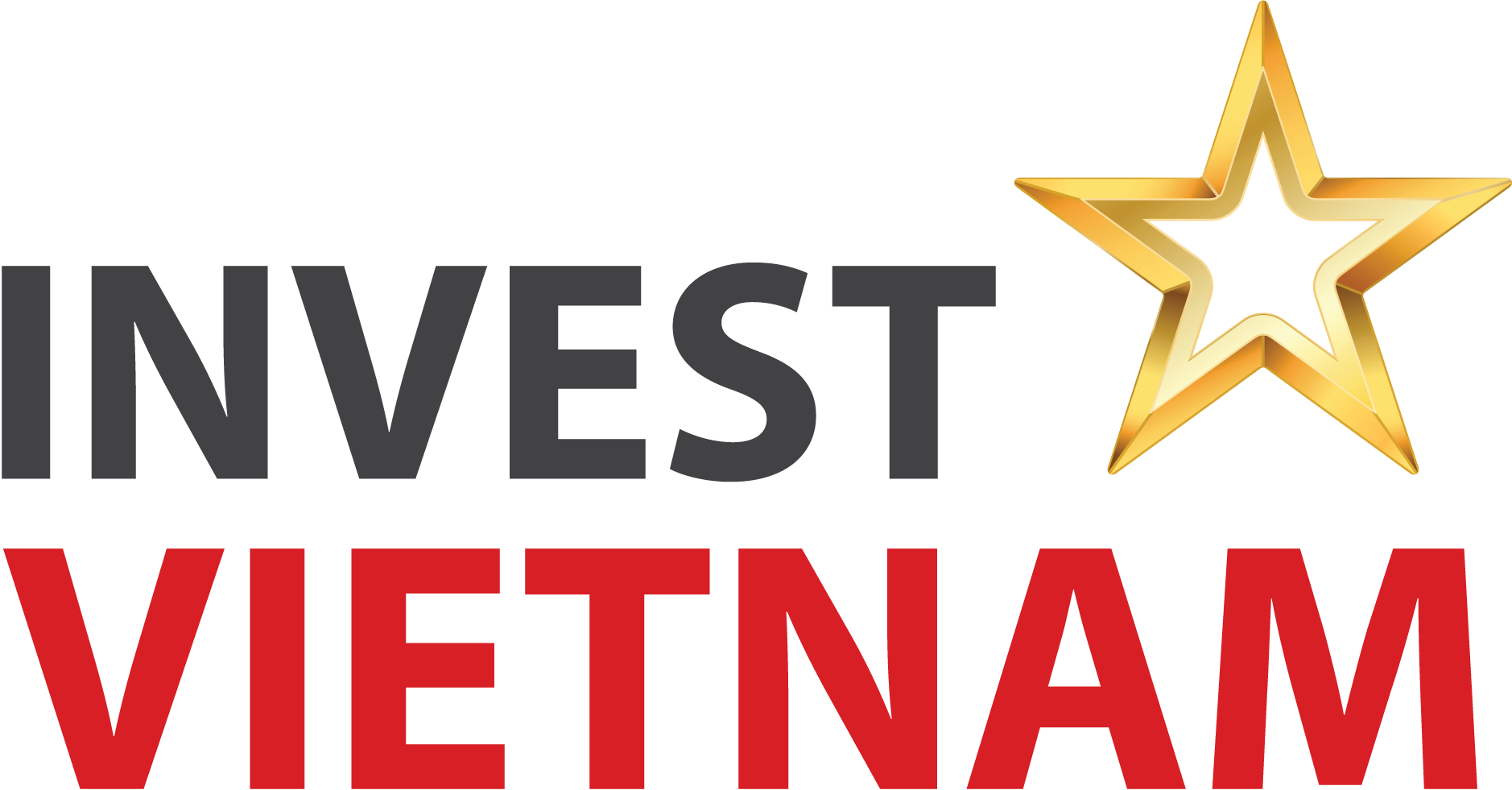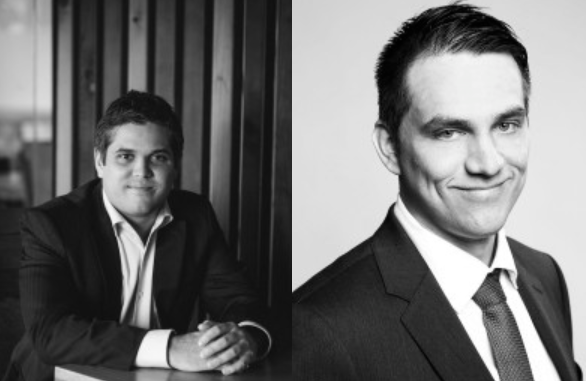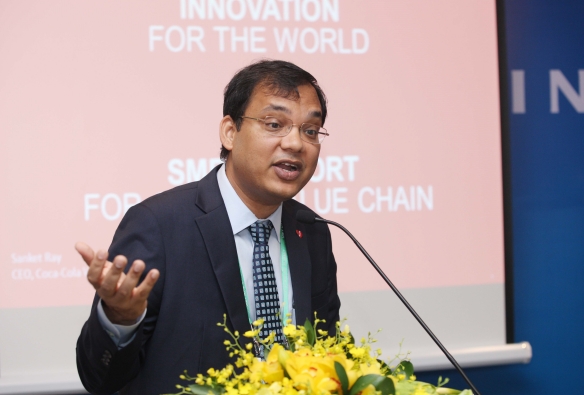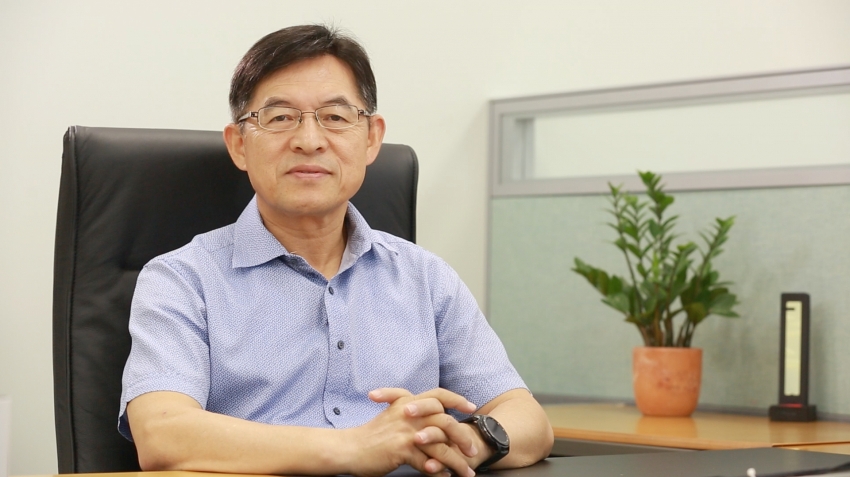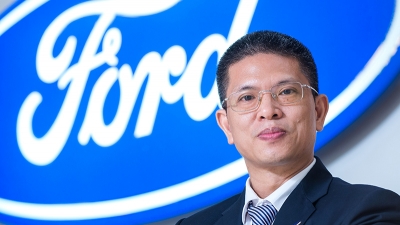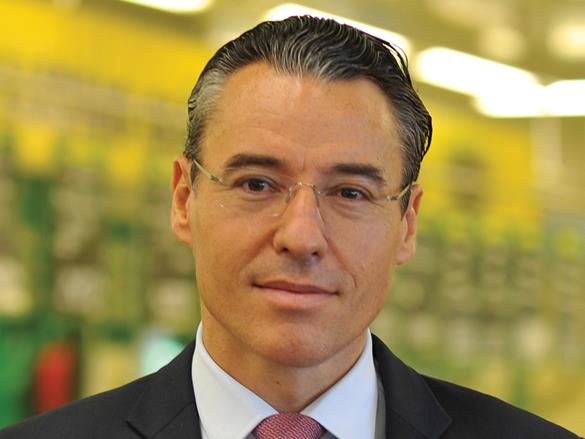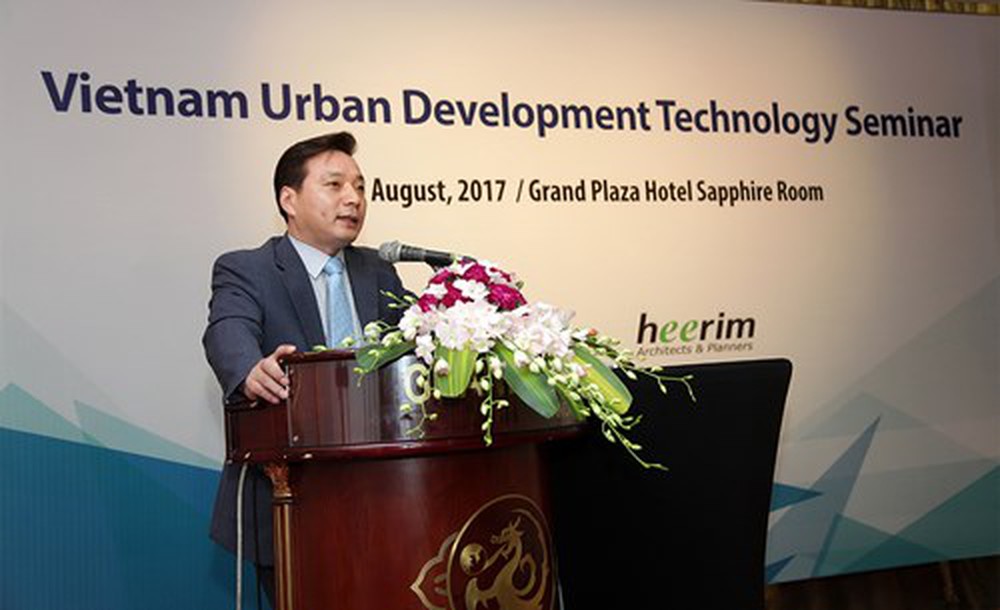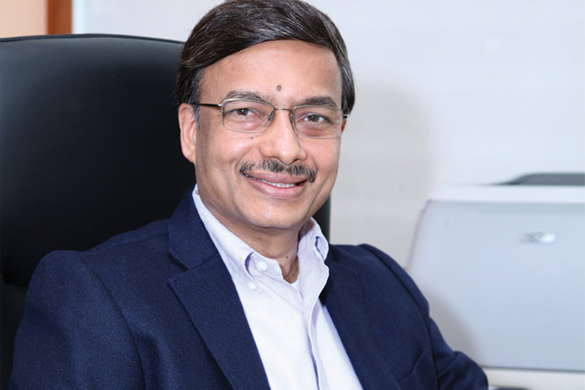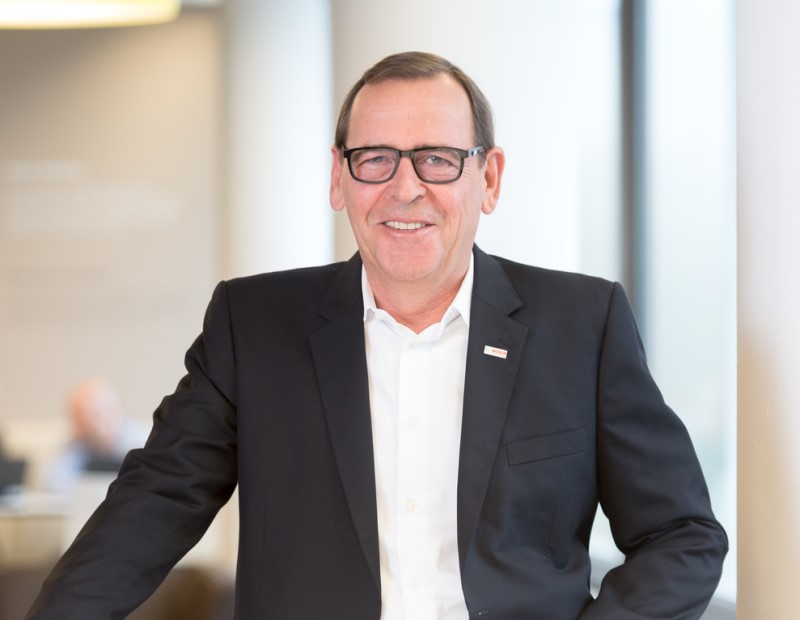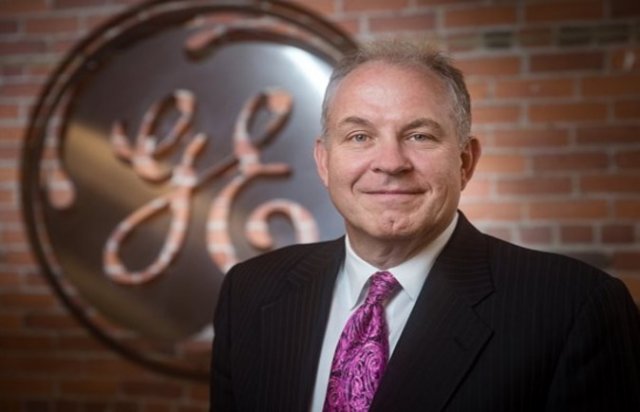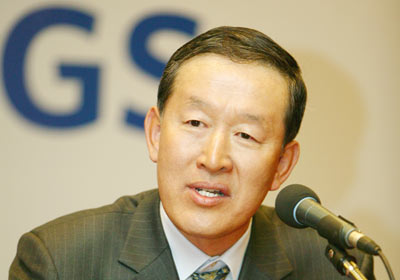Two young Finnish brothers, Claudio and Robert Karjalainen, run an export business in Vietnam that among other merchandise has begun importing Estonian Saku Cider. We contacted them to find out how they ended up in Vietnam, how is the business going and which advice can they give to other Estonian entrepreneurs.
I understand that you are living in Vietnam, in Ho Chi Minh City (Saigon)? How long have you been living there and how did you end up there?
Robert (R): I have been in Vietnam for 7 months, I have previously done two internships in 2010 and 2011 at the Finnish Chamber of Commerce in Vietnam. My family has been living in Vietnam since 2009, so first I came here for holidays, then for an internship and finally a third time to start my own business. This is how I ended up here!
Claudio (C): I have been in Vietnam since 2012. It is a country of more than 95 million people with a fast growing middle class and a young population, Vietnam is really full of opportunities!
Tell us about your business!
R: We have 2 family owned businesses in Vietnam. The first one is Dasiak Export which functions as an importer/agent for Scandinavian and Baltic brands in Vietnam. As long as we see a high potential for a product, we contact the producer and start discussing about partnership options here in Vietnam. Our second business is FinnSEA, a company that provides business and market entry consulting services for companies interested in Vietnam.
Which Estonian brand(s) are you importing to Vietnam? Are you also importing other, non- Estonian brands? If yes, it would be interesting to know which ones.
C: We currently only work with Saku, but we are in discussion with several Finnish brands from the furniture and food&beverage industry.
Since when have you been importing Saku Cider to Vietnam?
R: The first four Cider pallets arrived in Vietnam in July 2015, our product is sold in several retail chains and HoReCa. We placed a new order to Saku in September 2015 for a full container. We currently sell Saku products in Ho Chi Minh City and plan to open in other cities soon.
I heard that the sales are going great. How much have you grown since you started? What are your goals and plans for next year and beyond?
R: Regarding the fact that Kiss Cider was a totally unknown brand in Vietnam six months ago, we are extremely satisfied with our current sales in both HoReCa and Retail sector. We started with four pallets and we expect to receive our first twenty feet container today.
C: Our mid-long term objective is to expand the brand to Hanoi (the capital city) and countrywide later on. Due to logistic challenges, we have to develop the brand step-by-step, city-by-city.
Do Vietnamese people like Saku Cider? Who are the main costumers and target groups for it?
C: Yes, Vietnamese really do appreciate the taste of the cider. Most of them have never tried one before so it is a cool new experience and luckily Saku provided us with four great flavors – there is a suitable product for everyone! Our main customer target are young people between the ages of 18 and 25; they are always looking for new products.
How easy is it to start a business in Vietnam?
R: At this point it is still more difficult than in most European countries, because of the heavy paperwork it involves creating a new company. It also depends of your business activity, some of them still face heavy restrictions, or are even totally forbidden for foreign companies.
What is the most important thing to keep in mind when entering the Vietnamese market?
C: Vietnamese market is very different from any other in the world, understanding the local customs, regulations and way of doing business is mandatory. If you have no experience in the country, it is extremely important to be well advised by a local consulting company who can help you step by step to set up your activity.
R: Basically, you can forget everything you have learned about doing business before and start from a blank sheet.
How important in Vietnam is to know the customs and background of the country while doing business with them?
C: That’s the backbone of your success in the country. Asian way of doing business in general differs very much from what we are used to in Europe. For example, the Vietnamese are very Reactive oriented (polite but indirect, reacts to partner’s action, listen most of the time, very people oriented and face to face contact is important) while at the same time Estonian or Finnish people are more Linear Active (polite but direct, does one thing at the time, talks half of the time, job-oriented and written word is important).
What are the legal issues a new company should keep in mind while doing business in Vietnam?
R: There are still some restriction regarding sectors, some are controlled and some are totally closed. Opening a foreign invested company requires to be advised by a local lawyer company who knows the customs and regulations. Vietnam has a very favorable policy regarding FDI projects and newly signed free-trade agreement plus ASEAN integration shall ease doing business in Vietnam.
How important is it to have a network in Vietnam when somebody wants to expand their business and/or start to export Estonian products?
C: It’s important, as said before, business making in Vietnam is extremely people-oriented. We often realize that before doing business, people here want to build a friendship with you. It is a huge cultural difference compared to what we are used in western countries. Local business people would rather trust a person than a contract!
How long time did it take to set up your business in Vietnam?
R: It was extremely fast to set up our business considering that most of the services and administrations are not centralized yet. Within 3 weeks we had the company set up and ready to run. Yet, you cannot compare the necessary time to set up a company in Europe and Vietnam. It is very common in Vietnam to go first with a local partner to start doing business faster and then work at the same time on setting up a fully foreign owned company.
Why choosing Vietnam as potential market (for other Estonian companies) would be a good idea?
R: Vietnam is an extremely fast growing market and the country is constantly working on increasing foreign investment here, foreign companies and brands are really welcomed. On the consumer market side, the country boasts huge potential with over 90 million people, the demographic structure is young and dynamic, the middle and affluent class of the country is expected to double by 2020 and that there will be over 30 million people earning over $715 a month.
What in your opinion are the most potential sectors for Estonian companies in Vietnam?
R: There are two main markets that are potential for Estonian companies. The first one it IT sector, the country is on its way to become a major IT sourcing country in Southeast Asia. Vietnam ranks in the TOP 10 in the world as a destination for outsourcing. The manufacturing sector is similarly full of potential. With the move of several factories from China to Vietnam, the country is growing to be a manufacturing hub in Asia opening opportunities for several Estonian companies as well!
What kind of advice would you give to the companies who want to enter the Vietnamese market?
C: Choose the right partner to enter the market. By using the services of a local consultant, you will save time, money and even more important, you will benefit from their network which is a key to your success in Vietnam. Stay humble and do not precipitate things, you will need more time than forecasted to enter the market.
What is the biggest learning point you have got so far from bringing Estonian/other brands to Vietnam?
R: If you have done a complete market entry analysis and it looks good, you should not give up at the first obstacle, you need to persevere and it will be rewarded. If it doesn’t work today, it will work tomorrow.
